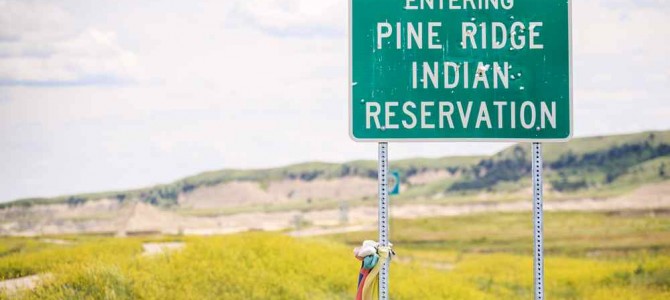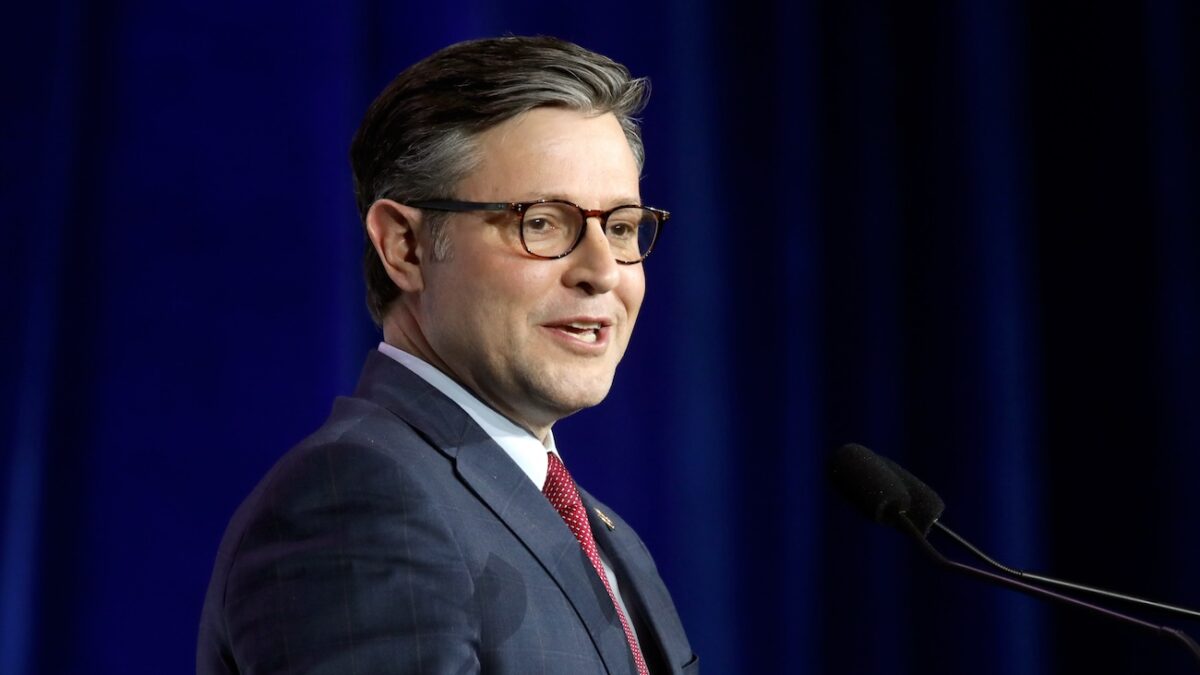
Most Americans take property rights and law enforcement for granted. But Americans living on Indian reservations can’t do that, according to New York Post columnist Naomi Schaefer Riley.
Riley is the author of “The New Trail of Tears: How Washington Is Destroying American Indians,” released by Encounter Books on July 26. In the book, she exposes how Washington’s regulation of American Indians has led to intense poverty and crime on Indian reservations.
“One of the tribal legislators I spoke with actually said to me, ‘We are the most over-regulated race on earth,’” Riley said at a book release hosted by the Independent Women’s Forum.
Native Americans Need Washington Approval To Buy Or Sell Land
Although American Indians on reservations technically own their land, they essentially have no property rights.
“These people have lots of land, but they have no equity, there’s nothing that they can do with this land,” Riley said, explaining that American Indians are typically required to get approval from someone in Washington before they can develop or sell any land. The result is what economist Hernando de Soto called “dead capital.” “They cannot get a mortgage on their property, because no bank could ever foreclose on property, because no banks could ever own reservation land.”
Years ago, the belief was that American Indians wanted a place primarily to farm and hunt, with no desire to develop or sell land for profit. But holding this same belief today, Riley said, is offensive and arrogant. It attempts to dictate a notion of what Indian culture is rather than listen to what American Indians want. And it assumes those wants can’t evolve over time.
“Just because your Chinese or Jewish or Russian ancestors lived a particular way, that doesn’t mean you have to today,” Riley said. “But that’s essentially what I think we’re saying to the Indians: we have this idea of what you were like 300 years ago, and let’s just stick with that.”
She noted that over the years, Washington has offered American Indians certain “loopholes” and advantages over their neighbors—the ability to sell tax-free cigarettes or liquor, or to own casinos.
“Unfortunately, the problem with a loophole economy is that the loopholes eventually get closed,” Riley said. “Then it turns out that the federal government actually wants the taxes that could come from this property, or it comes out that the state governments or federal governments realize that casinos are actually money-making businesses.”
She said New York State voted a few years ago to allow non-Indian casinos, and suddenly creating competition again. The economic “privileges” American Indians are supposed to have therefore come to nothing.
Sexual Abuse Rampant On Reservations
Not only do American Indianson reservations lack property rights, they also often lack sufficient law enforcement. According to Riley’s book, native women are two and a half times more likely to be raped than average American woman. Although the media likes to blame racism and white men for the violence, Riley said the reality is that the abuse is interracial.
“The problem is not a race problem, what you’re having is a law enforcement problem and a governance problem,” Riley said. She said she once asked three officials who worked on reservations who they would report to if they discovered a case of violence. One said he’d report it to the tribal officials, one said he’d report it to the state officials, and one said he’d report it to federal officials — suggesting an ineffective system in which people simply don’t know where to report crimes.
“The truth of the matter is, you could report it to any of those three groups and they might not do anything about it because they’d be worried about stepping on somebody else’s toes,” Riley explained.
What To Do About The Problem
So why don’t more people leave the reservations? Riley said many do, but most are simply unaware there is any other option.
“When you live 100 miles from Rapid City, South Dakota, and everyone you know is unemployed, and when everyone you know has not been to high school, you are unaware that there are any other options,” Riley said. “That is a huge influence on what people think about leaving. New York might as well be another planet when you’re talking to these kids.”
What’s the key to change in the future? Riley says it’s education. Charter schools could open up opportunities for kids on reservations. Catholic schools, like the Red Cloud Indian School that serves the Pine Ridge Reservation, are already doing great work. But unfortunately, many states with Indian reservations, such as South Dakota, have no charter school laws.
“I would really like to see charter school laws passed in all of the areas where we have American Indians,” she said. “I haven’t discussed this with the people who run KIPP [charters] or similar programs, but I’m sure that they would want to come in and open schools right next to the reservations that would allow kids to come in.”
Congress also needs to exercise more oversight of the Bureau of Indian Affairs and prevent it from expanding, she said. Long-term, the United States must pass legislation that gives Indians true ownership of their own land and the economic freedom and property rights they deserve as American citizens.
“We do not treat any other race this way,” Riley said. “It should be a deep shame that we talk about holding land in trust for American Indians as if they are mentally incompetent or children.”









